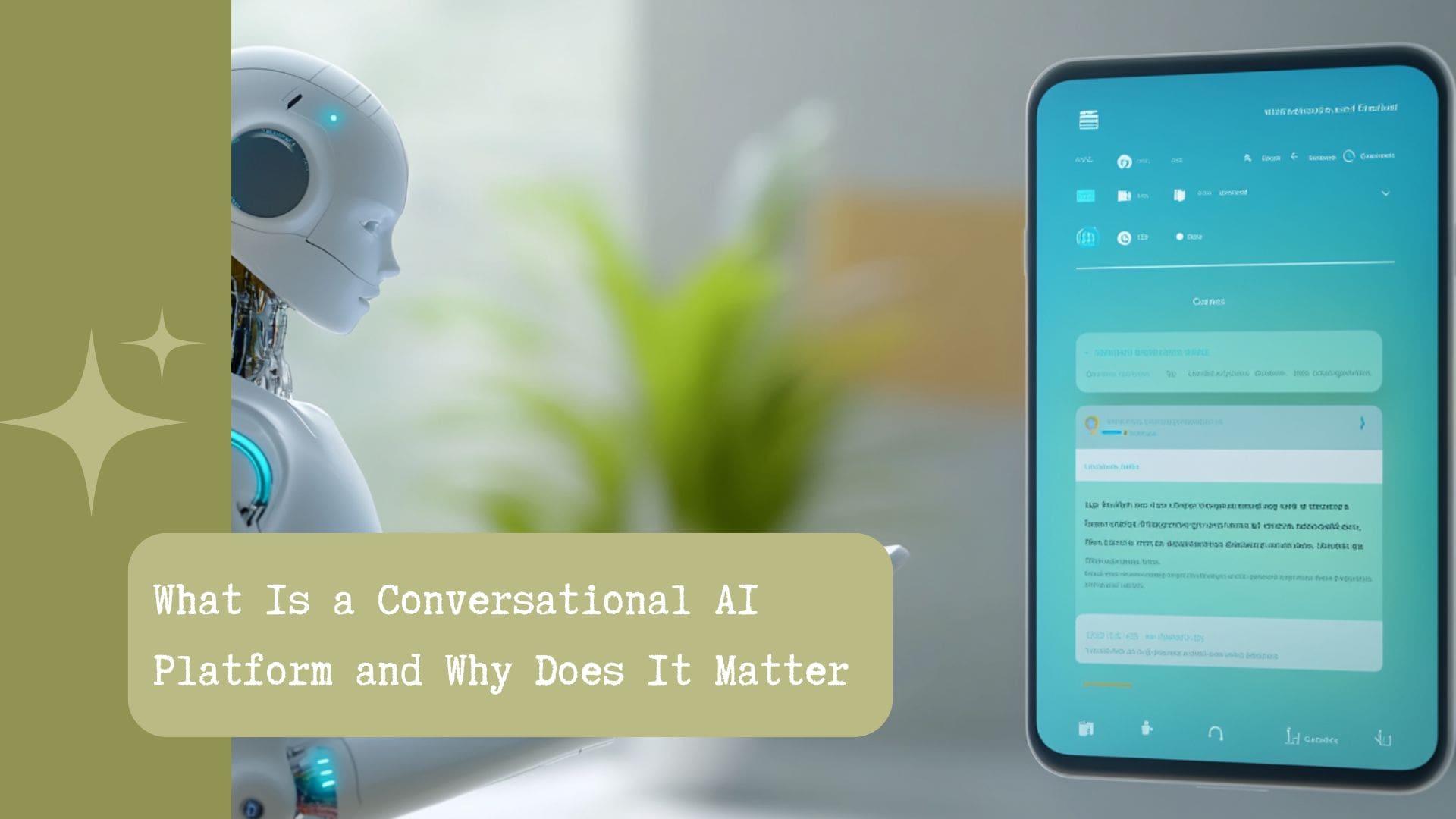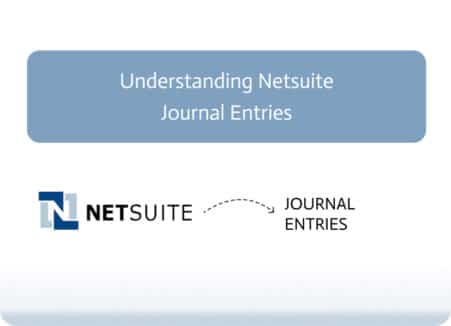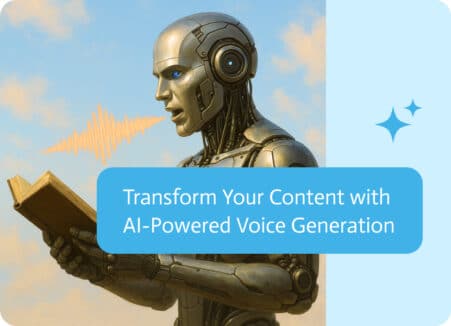
What Is a Conversational AI Platform and Why It Matters
Artificial intelligence is used in many areas to improve productivity. Its application goes far beyond the scope of ordinary work. Today, advanced systems are learning to interact and communicate with people. An interesting question arises: “What is a conversational AI agent platform?” and what is its role? A platform is necessary for interacting and communicating with people due to natural conditions. Unlike conventional scripted chatbots, platforms use advanced processing. The use of natural language processing (NLP) takes companies to a new level. Artificial intelligence is taking companies to the next level through scalability. It uses improved tools that go far beyond traditional automation. Companies can achieve success in minutes through improved integration.
Platforms are becoming increasingly crucial for bridging misunderstandings. Customers receive fast personalized assistance, and companies improve growth. A reliable experience is provided without overloading human teams. Platforms can interact during complex processes and have great success. AI-based assistants reduce waiting times. Repetitive tasks are automated, increasing customer satisfaction. By understanding “what is a conversational AI platform?” companies can improve interactions. Conversational systems are improving and can understand human intentions and contexts. Thanks to advances in technology, companies are investing in development and the future. Today, the main thing is to maintain the symbiosis of artificial intelligence and human work. The right data and strategies are the guarantee of future success. By following the rules and assessing the benefits, a business can develop and stay in the market.
What Is a Conversational AI Platform?
The platform is a specialized software ecosystem. It helps organizations build, train, and deploy intelligent chatbots. Companies use AI bots, voice assistants, and virtual agents to improve productivity. The platform acts as a central framework that manages systems. Systems can understand language, interpret user intent, and collect data. Conversational AI is used to optimize development and connect to internal tools. Here are typical features of the platform:
- Intent recognition: It determines what the user wants based on key phrases and context. The mechanisms reduce errors and can handle a wide range of requests.
- Dialogue management: It controls the flow of the conversation and ensures naturalness. The platform helps remember context and manage multi-party interactions.
- API and system integration: It connects artificial intelligence to CRM systems and databases. The assistant can perform tasks such as checking orders and updating accounts.
- Multi-channel communication: Conversational AI technology supports deployment on websites. Also, multi-channel communication includes mobile apps, email, and SMS. It provides a good user experience.
- Learning and analytics tools: Dashboards and machine learning analytics are provided. Teams can understand intent to improve accuracy and monitor performance.
How Conversational AI Systems Work
Today, many choose Noca.ai for optimization and scaling. Conversational systems convert human speech into data. The systems rely on a combination of NLP, machine learning, and predictive modeling. Users can type messages and speak into the device to understand the context. Here are some key stages of artificial intelligence:
- Conversational artificial intelligence receives a user’s message through a chat interface. Speech is used, which is converted to text for analysis.
- Natural language processing and intent interpretation evolve the input data. Grammar analysis, entity identification, and user intent prediction occur.
- AI determines the correct answer, checks the rules, and accesses knowledge bases. Dialogue management ensures the coherence of the conversation and accounts for context.
- Through automation and integration, the system creates answers. They sound natural, and the AI receives data to complete the transaction.
- Conversational artificial intelligence is best for the final answer. It is provided through synthesized speech or an action performed on behalf of the user.
Advanced Conversational AI Technologies
Artificial intelligence is evolving far beyond simple automation. Chatbots and virtual assistants are a distant memory of the early systems. Modern, cutting-edge platforms use generative AI and big language models. Adaptive design is improving to create flexible human interactions. Improved technologies help systems accurately interpret intent and maintain context. As a result, companies are getting more intuitive AI. Companies can scale and manage complex conversations across multiple industries. Here are the key technologies and benefits of conversational AI:
- Generative AI models. Companies can generate natural, context-sensitive responses. They don’t rely on fixed scenarios; instead, they help process open-ended questions. The models are multifaceted and account for all nuances of language variation.
- Big Language Models (LLM). Big language models are trained on datasets. They analyze language patterns and improve response accuracy. Big language models help systems understand intent, sentiment, and context.
- Adaptive conversation design. Adaptive design uses machine learning to improve dialogues. The system learns from honest conversations and user behavior. The smoothness of communication is improved to reduce friction.
- Contextual memory systems. Companies that understand “what is a conversational AI platform?” are achieving significant success. Systems help artificial intelligence remember previous data in a conversation. Personalized responses are supported, and the number of repeated questions is reduced.
Key Benefits of Conversational AI for Businesses

Artificial intelligence offers significant long-term benefits for businesses. It is a valuable asset for companies looking to optimize operations. The combination of many tools and generative models can manage thousands of interactions. Companies increase profits, and customers receive personalized answers. Such benefits are valuable in many industries that work directly with people. Here are the main benefits of conversational AI:
- 24/7 customer support. AI works 24/7 to ensure prompt assistance. Customers reduce waiting times and improve their perception of the company.
- Cost savings on operations. AI processes a large number of routine tasks very quickly. Appointment scheduling is the answer for quickly updating a record. Companies can reduce labor costs and redirect their efforts to something meaningful.
- Fast response time. AI responds quickly and consistently, providing accurate answers. In banking and insurance, such actions are mandatory to minimize errors.
- Increased customer satisfaction. Conversational AI offers significant advantages for improving customer satisfaction. Personalized recommendations and clear instructions are available. Good interaction leads to better satisfaction and service.
- Personalized user experience. AI analyzes users’ history and behavior. It provides customized answers and suggests really interesting products.
Conversational AI Models and Use Cases
Conversational AI models are essential for a complete transformation. Artificial intelligence is rapidly expanding and becoming a robust set of technologies. Models help companies ensure intelligent and effective interactions. Interactions occur across multiple channels to choose the right tools. Companies can focus on growing and scaling their business. Here are the main models that are useful:
- Rules-based models. Companies need to follow predefined scenarios and are ideal for predictable conversations. They have high reliability for common questions and basic troubleshooting. They are easy to maintain but limited in scope.
- Machine learning models. Advanced conversational AI includes machine learning models for statistical methods. They improve over time and handle complex intent. They require high-quality data sets for accuracy.
- Neural networks and advanced generative models. Use deep learning for natural and human dialogue. The main features are understanding the context of tone and generating personalized responses. They are best for customer service and medical triage.
Today, artificial intelligence is used in many industries. The primary sectors are customer service for 24/7 support. In e-commerce, there is a product search with personalized offers. In healthcare, there is septum screening and appointment scheduling. Also, in human resource automation, they are used for adaptation and payroll issues.
Why Conversational AI Matters in the Modern World
Conversational AI systems are powerful tools in many areas. Conversational systems are changing how people interact with technology. Many businesses are facing increasing pressure and adjusting schedules. Artificial intelligence provides a scalable way to meet growing expectations. In the healthcare sector, it is necessary to optimize human resource management processes. In the future, artificial intelligence will continue to influence how technology works. Conversational AI is the best way to achieve success quickly. Models are becoming more complex and require more training. To avoid changing the human experience, systems complement it and perform tasks. They perform repetitive tasks, allowing people to focus on creativity and innovation. For businesses, this approach is essential for competitiveness. Companies can maintain brand image and increase customer satisfaction.
FaQ
What is a conversational AI platform, in simple terms?
A conversational platform is software for machine communication. Machines can communicate with humans naturally to understand context.
How does a conversational AI platform work from input to response?
A conversational platform takes user input and converts it into data. Natural language processing analyzes intent and determines the best response and action.
What are the key business benefits and ROI of conversational AI?
There is a reduction in operational costs and automation of routine tasks. Customer satisfaction is improved due to 24/7 fast responses. Businesses achieve a return on investment through improved efficiency.
What’s the difference between a basic chatbot and advanced conversational AI?
Basic chat rules and scripts are a thing of the past. Advanced artificial intelligence understands context, learns from data, and processes complex conversations.
How do I choose the right conversational AI platform for my tech stack?
Today, it is helpful to look for a platform that integrates with existing tools and databases. It is beneficial to evaluate the processing natural conditions and configuration parameters. When choosing a platform, it is important to consider business goals and technical needs.
There are many types of agents, read more: AI Voice Agent


